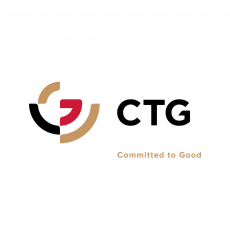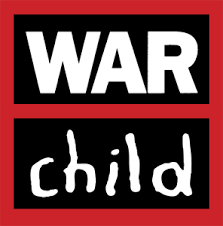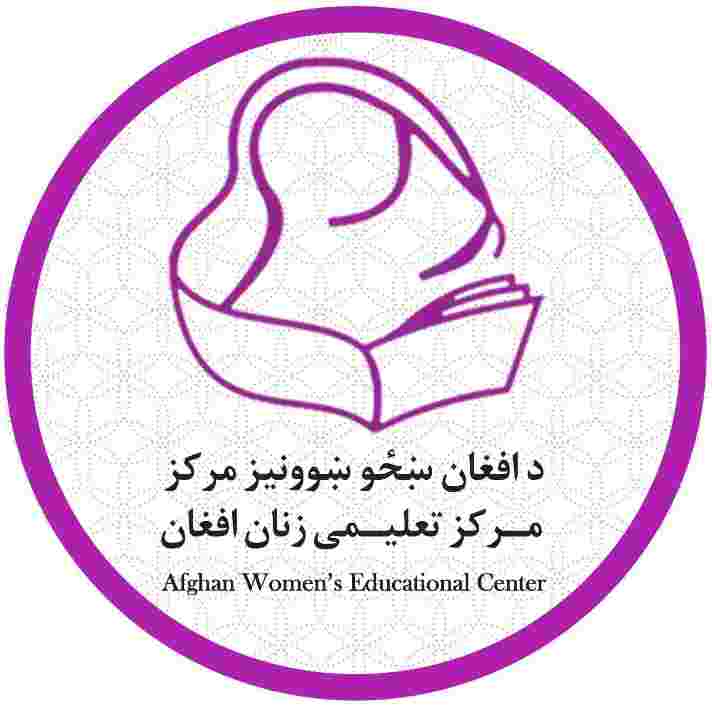Job Summary:
The Afghanistan Integrated Youth Activity’s (AIYA’s) Curricula Development & Training Manager is a senior technical member of staff responsible for designing, leading and implementing activities focused on market-relevant training in target project provinces, including basic literacy and numeracy, and agriculture-related training.
S/he is particularly responsible for supporting AIYA’s objective of supporting youth to complete market-relevant secondary-equivalent education and training opportunities. Under his/her leadership AIYA will 1) Expand provision of functional literacy and numeracy skills training for youth, 2) expand training opportunities for youth to gain employability and entrepreneurial skills and knowledge in climate resilient livelihood sectors, and 3) enhance quality of existing informal and alternative education and training opportunities and providers.
S/he will lead provincial teams to achieve AIYA’s objectives and will coordinate closely with technical peers with experience in agriculture and business to ensure that activities derive tangible economic outcomes.
JOB RESPONSIBILITIES:
Expanded provision of functional literacy and numeracy skills training for youth.
1. Through AIYA partners, and their connections with communities and training providers in each target province, broaden access to functional literacy and numeracy training.
2. Together with AIYA partners, develop functional literacy and numeracy training curricula, and incorporate soft skills (leadership, financial literacy, and digital skills) and CARE’s leadership development model.
3. Identify and facilitate training of Youth Corps members to become Master Trainers. The training program will equip these leaders with advanced instructional techniques and leadership skills, enabling them to effectively mentor and train other instructors within the community.
Expanded training opportunities for youth to gain employability and entrepreneurial skills and knowledge in climate-resilient livelihood sectors.
1. Support integration of functional literacy and numeracy into digital platforms supported under the Activity, and promote their use among Afghan youth.
Enhanced quality of existing informal and alternative education and training opportunities and providers.
1. Conduct an evaluation of nonformal and informal training providers to identify critical pedagogical gaps that may hinder effective teaching and learning. The assessment will involve analyzing instructional methods, learner engagement strategies, use of self-directed learning and training, and curriculum relevance to ensure that these providers are equipped to meet the diverse needs of their learners.
2. Design and develop an enhanced training program for instructors, following the evaluation, that focuses on the integration of remote and blended learning methodologies, facilitative instructional techniques and UDL principles.
Cross-Cutting Activities
1. Participate, as needed, in Provincial Training Network Meetings designed to bring together key stakeholders, including education institutions, chambers of commerce, prominent business leaders, association and community organizations to enhance skill development and workforce readiness.
Miscellaneous
1. Project reporting (Quarterly & Annual Reports)
2. Monitoring, Evaluation, Accountability & Learning activities
3. Communication activities
4. General administrative activities
5. Any other tasks of a similar nature, requested by the Chief of Party.
Responsibilities on Safety and Security, Gender and Inclusion and Safeguarding and Child Protection:
CARE personnel are expected to adhere to Safety & Security responsibilities, emphasizing team and individual accountability to maintain a safe environment. This includes readiness, compliance, and active engagement to mitigate risks through awareness, reporting, and policy enforcement.
Gender equality and inclusion are fundamental at CARE, promoting equal rights and challenging discriminatory norms to achieve social justice. We foster an inclusive workplace respecting diverse gender identities, abilities, backgrounds, and experiences through dialogue, training, and diversity initiatives. All CARE staff must uphold ethical standards, following codes of conduct to prevent abuse, including sexual harassment, exploitation, and neglect. Regular monitoring ensures accountability to uphold these principles and support our mission of social justice and poverty alleviation.
Safeguarding Responsibilities:
Safety and Security Responsibility:
We all have a responsibility to promote a safe and secure work environment, foster a safety and security culture, and ensure consistent application of, and compliance with, CARE Afghanistan safety and security policies and procedures.







